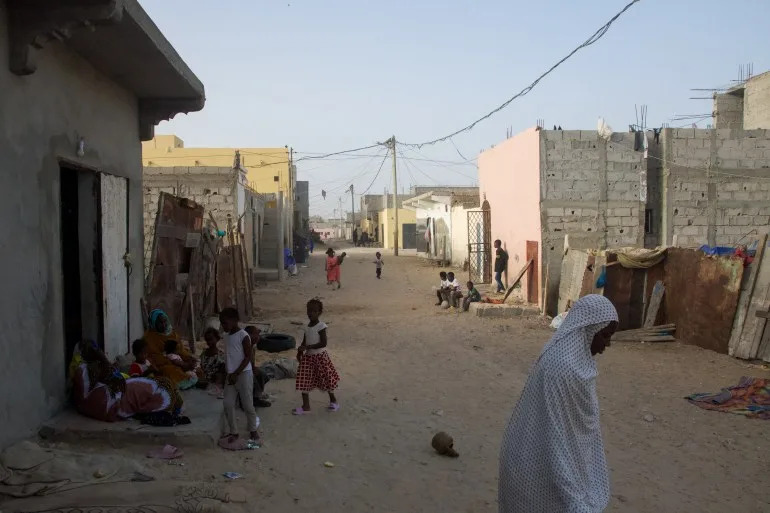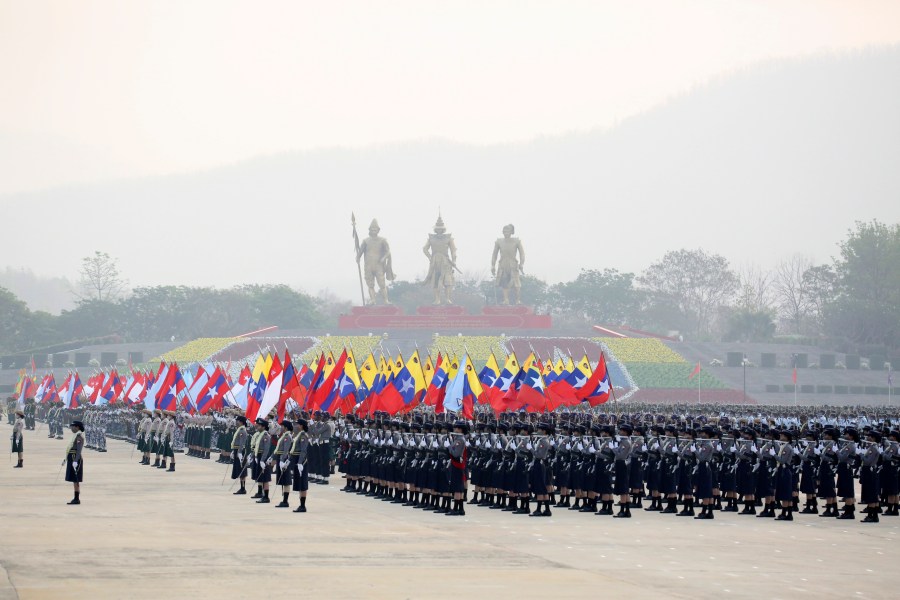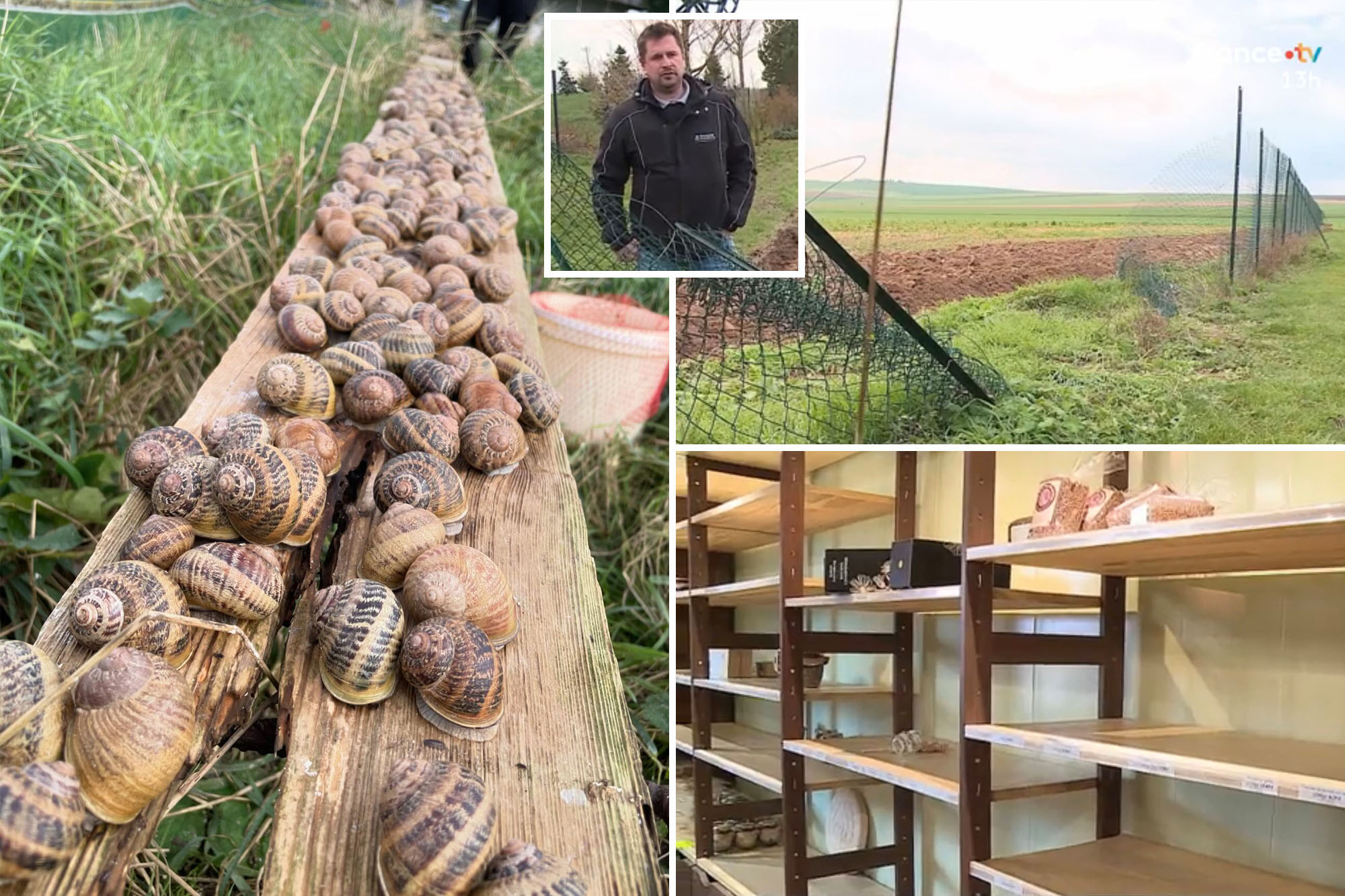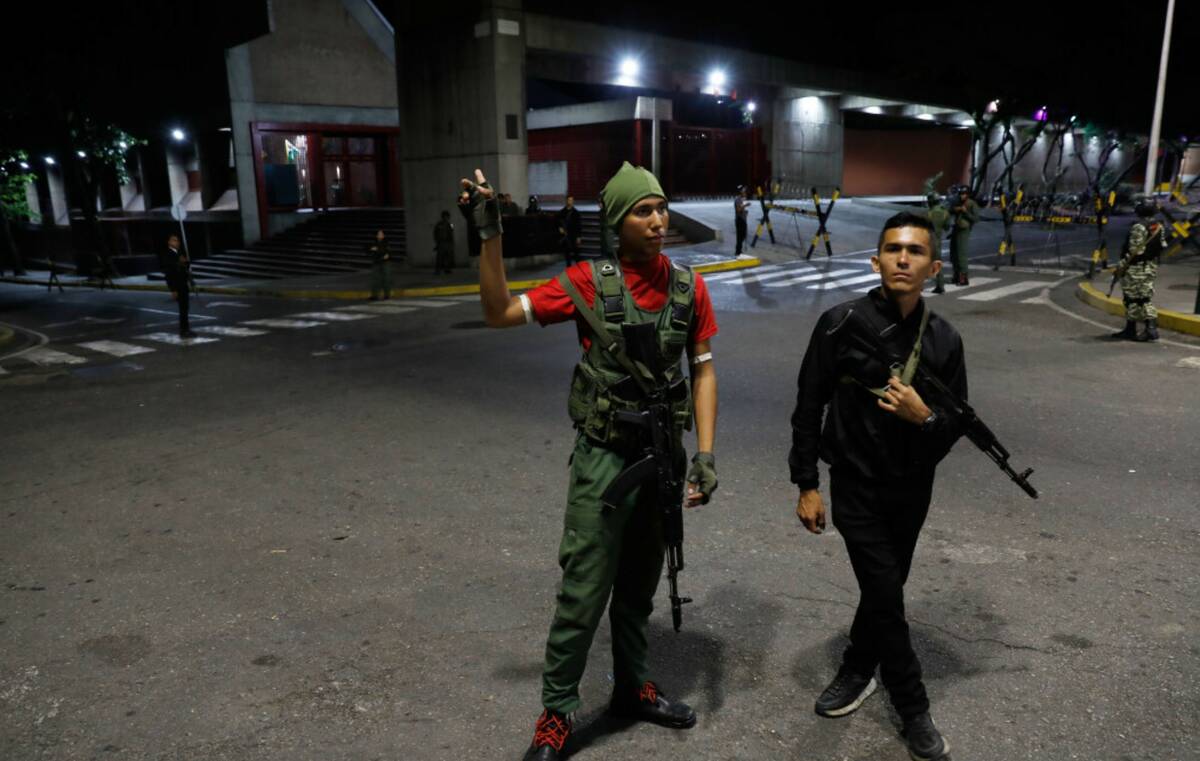A mass deportation campaign in Mauritania has led to the forced removal of thousands of African migrants, primarily targeting those without valid residence permits. The crackdown, which began in March 2024, has caused significant distress among migrant communities, particularly in Nouadhibou, the country’s second-largest city.
Omar, a 29-year-old bricklayer from rural Gambia, crossed into Mauritania seeking better employment opportunities. Upon settling in Nouadhibou, he found work on construction sites, earning two to three times more than in his home country. However, the arrival of armed police and National Guard trucks in August changed everything. Without a residence permit, Omar was forced to stop working and limit his movements to avoid capture.
Escalating Raids and Humanitarian Concerns
Police began targeting homes, breaking down doors in search of undocumented migrants. Omar and his friends narrowly escaped one raid by fleeing over rooftops but returned later out of necessity. As they struggled to survive on minimal resources, Omar described their plight as marked by “cruel and degrading conditions.”
The Mauritanian Association for Human Rights (AMDH) reported that approximately 1,200 individuals were deported in March alone, including about 700 who held valid residence permits. While the Mauritanian government has not released official deportation figures, spokesman Houssein Ould Medou noted that 130,000 migrants entered the country in 2022, yet only 7,000 renewed their residence permits.
Interior Minister Mohamad Ahmed Ould Mohamed Lemine asserted that Mauritania has the right to control foreign movements, emphasizing that deportees would receive food, water, and medical care. Despite these claims, reports have emerged of widespread abuses during the deportation process.
European Union Involvement and Migration Policies
The escalation of deportations coincided with a €210 million (approximately $248 million) migration partnership deal between the European Union and Mauritania announced in February 2024. This agreement aims to enhance security and “migration management,” raising concerns among human rights advocates about the implications for migrants.
Experts point out that Mauritania’s deportation campaign mirrors previous crackdowns in 2009 and 2012, though on a smaller scale. The current campaign has drawn scrutiny due to its timing with the EU’s external migration strategy, which has led to similar agreements with countries like Morocco and Libya.
Many migrants in Mauritania had initially hoped to work and send money home. However, the fear instilled by police raids has disrupted their livelihoods. One Ivorian worker, Traore, described being arrested multiple times and having to pay bribes to secure his release.
Another migrant, Ibrahim, showed officers his valid entry stamp but was still detained and later extorted for cash by police. The pervasive threat of violence and corruption has left many feeling trapped in a precarious situation.
As the deportation campaign continues to unfold, the human cost has become increasingly apparent. Reports of family separations, poor detention conditions, and inadequate access to food and water paint a grim picture for those caught in this crisis. Some detainees reported being deprived of personal belongings and subjected to inhumane living conditions.
Mariam, a 31-year-old mother from Sierra Leone, described her experience of being detained while seeking medicine for her sick child. She was not allowed to retrieve her belongings and faced degrading treatment during her detention.
The Mauritanian government has faced criticism from opposition politicians and human rights organizations. Kadiata Malik Diallo, a Mauritanian opposition MP, highlighted the fear permeating the lives of migrants, stating, “Mass expulsions carried out under cruel and degrading conditions” have become the norm.
The Aftermath and Future Prospects
Once deported, many migrants find themselves stranded at the Senegalese border, unable to return home or continue their journey. Omar, who recently returned to The Gambia, expressed mixed emotions, feeling relieved to escape the police presence in Mauritania yet grappling with the challenges of finding work back home.
Despite his ordeal, Omar remains hopeful about returning to Nouadhibou if conditions improve. “If they stop deporting people, I’ll go back,” he said, recalling his earlier days of stability and better wages.
As the situation develops, the international community is watching closely, with calls for a more humane approach to migration and the treatment of vulnerable populations. The Mauritanian government has yet to respond to inquiries about the ongoing deportation campaign, leaving many questions unanswered about the future of migrants in the country.







